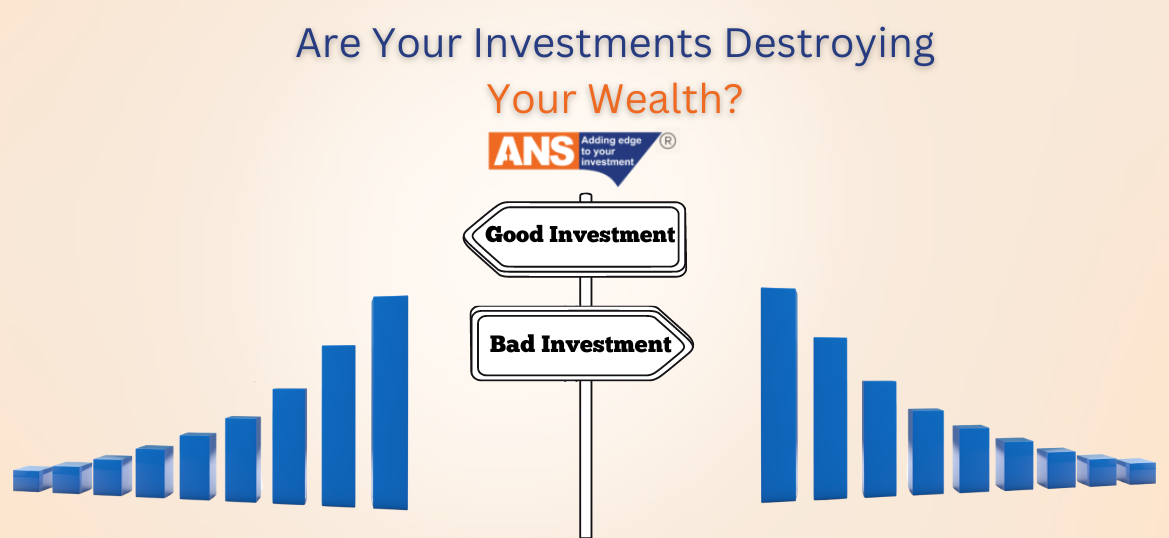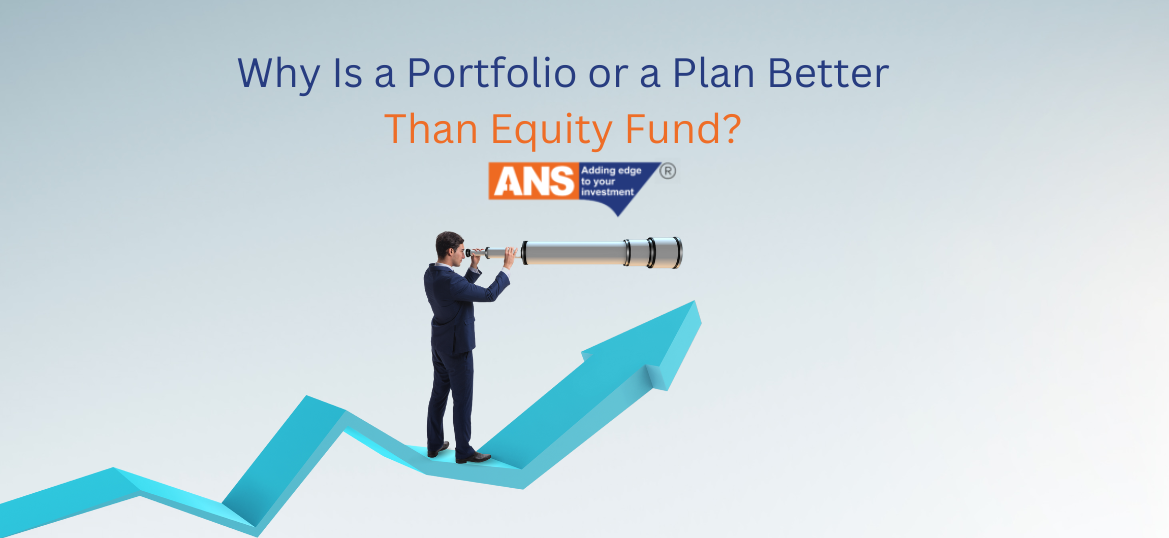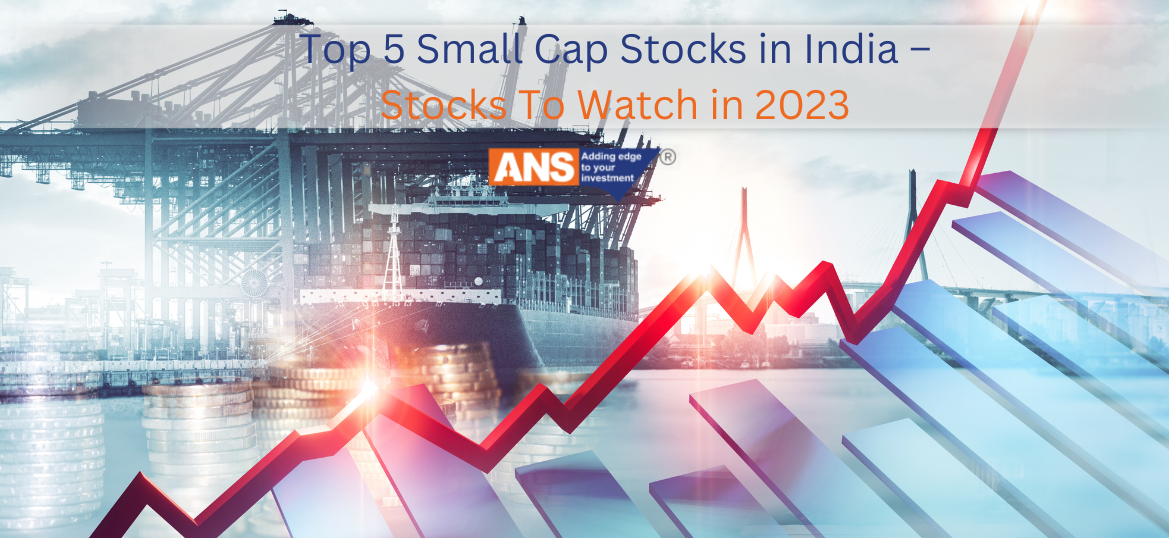Investment has never been an easy game and maybe it never will be. But in the current scenario, Investment is a lot more than just building rainy-day savings.
Generally, investments are not meant to destroy your hard-earned wealth. In fact, when done wisely, they can act as a powerful tool for building and growing wealth over time, but it is important to remember that no investment is completely risk-free.
Your one wrong investment choice may have a huge impact on your finances, which obviously you would not want.
Major Factors that Impact Investments
Not every risk you take can provide you with the expected return, sometimes they take you to a position where you’re in debt and there is more probability of loss rather than the expected profit due to a fall in the prices of your securities or assets. Each of the investments you make carries some degree of risk like the market or default risks.
Let us learn more about the factors you might experience during investing that can lead to wealth destruction-
1. Securities you’re holding could lose value when you prefer to liquidate them-
Even if you diversify your portfolio, at a certain point market value fluctuates and your investments will lose their value.
For example- The stock you own today could lose 20% of its value after a few days. If the drop happened due to temporary circumstances and you hold the stock until its price rises again and later on sell the stock at a sizable profit, the prior loss you faced becomes irrelevant.
But what if its price falls on the day when you were planning to liquidate the stock due to the emergency crisis, now you may have to sell them at a loss. This value that loss carries now is relevant.
2. Your portfolio might underperform over time
When you opt for long-term investments, you might be expecting a higher rate of return, as in short-term investments market volatility is more unpredictable. But the biggest challenge you might face here is that the long-term performance of any investment is tough to gauge from year to year.
There is the possibility that you’ll realize 10 years into your savings plan option that you’re way behind where you expected yourself to be which means the holdings, you’re carrying right now are almost worthless. This can lead to a panicking situation and you might have to force yourself to delay your retirement timeline.
3. Neglecting Inflation
As an investor, your focus should be placed on receiving real returns than the nominal ones. As said once– A penny saved is the penny earned. But that’s what most of the investors fail to consider i.e., looking at their portfolio performance after fees and inflation.
Due to inflation, the amount saved by you might reduce its value over time and this saved or invested money will buy fewer goods or services in the future, which means the purchasing power will decrease.
4. Foreign Investment Risk
You might think that investing in shares of foreign companies can give you a better rate of return. But what if the country as a whole is at risk of falling GDP, higher transaction costs, volatility, or high inflation? Now, as a result, you can lose your entire invested amount. This is what foreign investment risk is all about.
You might not be able to sell your investments quickly, that’s when Liquidity can be a major issue, especially when you invest in emerging economies.
5. Failing to diversify enough
Often it happens that investors opt for those investment schemes that could offer them a higher rate of returns and take a large investment exposure in one sector only, neglecting the risk it carries within itself. But what if the market moves against such a concentrated position? This can be destructive which means too much diversification or exposure can negatively affect your portfolio performance.
6. Market risk
The fluctuation or volatility you notice in stock and option prices on a day-to-day basis comes under market risk. This fluctuation might happen due to economic development or any other event that affects the market and can lower the value of your investment. The 3 main types of market risk include- Equity risk, Interest rate risk, and Currency risk
Ways to protect your wealth while investing
You’re going to face risks in different aspects of investments, but there are multiple ways to control risks, mitigate volatility and manage your wealth in certain ways. Some of which include-
1. Diversification
Creating and protecting wealth takes time but with proper research, planning, and enough diversification you can achieve your investment goal.
If you don’t add certain risk performance assets to your portfolio, you may not earn a large enough return on investments. So, you as an investor need to understand that in order to balance and manage your portfolio properly a mix of asset class (stocks, bonds, real estate, etc.) allocation and underlying investments in each is necessary.
For this, you need to have a clear knowledge of your goal and risk tolerance ability. You can’t control the market volatility, but diversified portfolios can help you to control your allocation and protect your wealth, and help you meet your financial goals efficiently.
2. Maintain an emergency fund
During a crisis or unexpected turn of events in life, emergency funds can act as a savior. Cash or saving accounts might not be able to generate high returns, but it surely is a part of good financial planning that you can count on during emergencies.
Don’t invest all your money that you’re expecting to use in nearer days and make sure you’ve at least 3-6 months of your income in savings, so as to have them to ride out market volatility.
3. Safeguard your assets with appropriate insurance coverage
Insurance coverage of all the physical assets (personal properties) you own is also a part of protecting your wealth. This can also include your income streams (disability, life) and your financial assets like annuities or derivatives.
Each of these insurances carries an appropriate cost itself, but minimizing the risks you’ve bear during market volatility or downturn events in life is more important.
4. Talk to an advisor and go for long-term investment
We humans usually have a tendency to give our best at times and step back when unknown things occur in front of us. The same goes for the investment process we’re involved in.
As market volatility fluctuates on a daily basis and sometimes goes down for a certain period, it becomes scarier for the investor to hold onto the investment and he/she starts selling at the bottom of a market. But this can be devastating and can affect your portfolio negatively.
That’s when you need an advisor who has a wholesome knowledge about the market trends and their perspective can work incredibly for your investment performance to protect your wealth.
5. Keep a close watch on trends-
Knowing when and where to allocate your funds during market highs or lows can help you to take advantage of market shifts. Don’t just flow with emotions, have the proper research done and make informed decisions before moving your finances.
The Bottom Line
Every investment process carries a certain degree of risk; you can’t avoid it completely, but by understanding your risk tolerance ability, diversifying, and using strategies that can protect your portfolio from the inevitable volatility, you can deal with the risks in a better way and it lets you meet your financial goals efficiently. To understand more contact our financial experts at ANSPL Shares.



